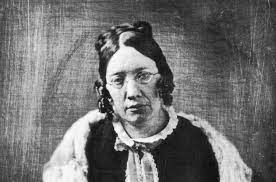The following extract from an address of Prof. Stowe, delivered at Portland in 1844
by
October 14th, 2023
Audio Presented by

Trailblazing American educator, advocated female education and kindergarten integration.
About Author
Trailblazing American educator, advocated female education and kindergarten integration.
